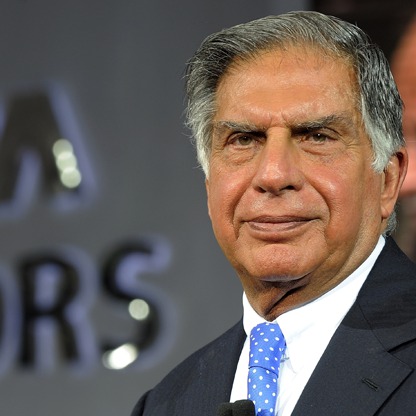New Delhi– Industrial conglomerate Tata Sons Interim Chairman Ratan Tata on Saturday said the government’s demonetisation programme is among the “three most important economic reforms in India’s history” and needs the nation’s support for implementation.
“Demonetisation is amongst the three most important economic reforms in India’s history, along with Delicensing and GST (Goods and Services Tax),” Tata tweeted.

“The Prime Minister’s recent focus on mobile and digital payments will also greatly facilitate the transition from a cash-driven economy to cashless economy, which, in the long term, will enormously benefit the poor and the underprivileged,” he added.
In its bid to curb black money economy, the Indian government on Nov 8 demonetised Rs 500 and Rs 1,000 notes.
“The parallel black money economy in India has fueled tax evasion, money laundering and corruption. The Prime Minister has displayed enormous courage in waging war on the black market economy in the country through the implementation of a major demonetisation programme,” Tata said.
“The government’s firm resolve to fight and eliminate black money needs the support and cooperation of all like-minded citizens of India who would like to see a more equitable distribution of the nation’s resources in a new India of tomorrow, based on merit and equal opportunity,” he added.
In one of his earlier tweets on Nov 24, Tata suggested the government to use special relief measures to ease the daily hardship faced by the poorer sections of society due to the demonetisation drive.
According to Tata, the present note ban implementation is said to be causing great hardship to the common man, particularly relating to medical emergencies, major surgical interventions and the procurement of medication at many hospitals in smaller towns across the country.
“Hardship is being experienced by the poorer people due to the shortage of cash to meet the daily household needs for food,” Tata tweeted.
“While the government is doing its best to increase the availability of new currency notes, it may be worthwhile to consider special relief measures similar to those employed at the times of national calamities to serve the poorer segment of the population for their daily needs and for enabling emergency healthcare/medical treatment in smaller hospitals,” he said. (IANS)




